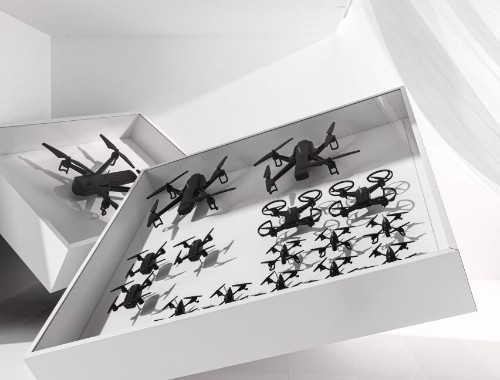IKEA has pulled a commercial from airwaves in mainland China after people accused the advertisement of being “sexist” and perpetuating negative stereotypes about aging single women.
The Swedish furniture giant said it was aware of the negative comments posted to Weibo, China’s version of Twitter, in which some users called the 30-second commercial “twisted.”
The ad showed a mother telling her single daughter, “Don’t call me your mom if you cannot bring back a boyfriend,” which was immediately followed by the young woman appearing at her parent’s door with a man claiming to be her boyfriend. The parents’ attitude towards their daughter changes drastically, as the mother and father quickly tidy up their home and place IKEA items on display as a caption reading, “Celebrate everyday easily,” appears on screen.
Many people online accused IKEA of supporting the traditionalist idea of “leftover women,” a cultural view that single women over the age of 27 have little value or importance.
“I just want to ask IKEA, would they dare to show such an ad in their home country, Sweden?” a Weibo user posted.
“Whether having a romantic partner or not is one’s own business and does not need any interference from others, let alone an advertisement,” Ba Ge Zhuan Yong, a Weibo user with more than six million followers, posted online.
IKEA released a statement on Tuesday apologizing for “giving the wrong perception.”
“IKEA encourages people to live different lifestyles, and this belief is reflected in our product design and home furnishing solutions,” the statement read. “Gender equality is a fundamental part of the IKEA culture and values, which we share with everybody.”

Advocates say companies need to take a more sensitive approach when marketing goods in mainland China.
“Don’t ignore the feelings of the young and tech-savvy Chinese consumers, especially women,” Tang Xiaotang, the founder of Chinese retail consultancy Nofashion, told South China Morning Post. “Companies need to take a very careful approach when talking about topics related to nationalism and women’s rights in China, as both are areas of high sensitivity.”
Other companies have found themselves facing resentment for commercials that minimized women.
In July, German automaker Audi compared women to used cars, which led to some calling for boycotts against the company.
(Source:globalnews)



























 沪公网安备31010402003309号
沪公网安备31010402003309号